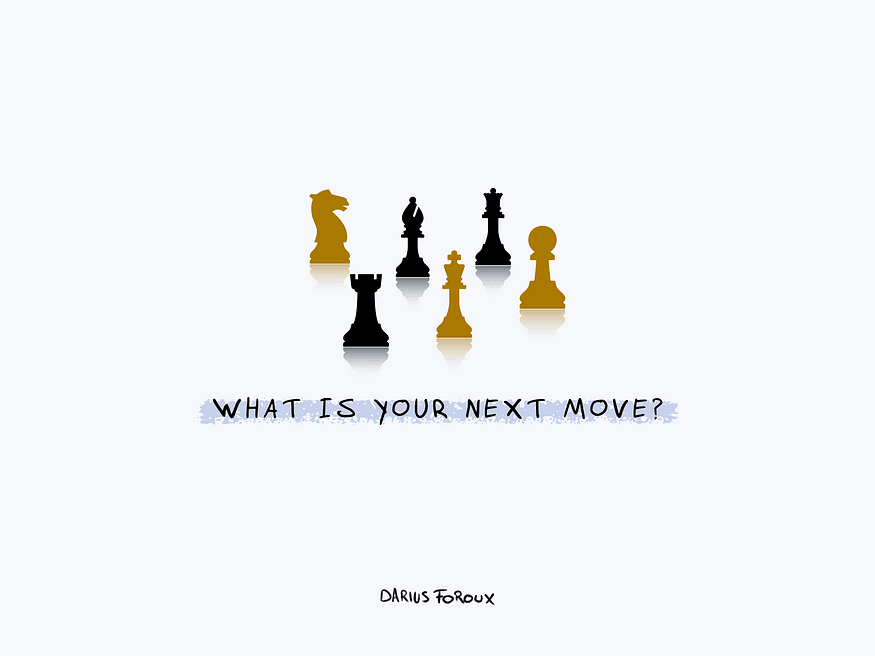Better At Conversations
- Research has found that “Hello, how are you?” is the most effective conversation starter, but you can use context, like impressions or the location, in its place.
- Bring up topics, look for ideas and ask questions that spark energy or get the person excited.
- The eyebrow raise is what we do when we hear or see something interesting. It clues you in to a topic that they might like discussing.
- Stories are great to hold attention, instigate emotion and are more easily remembered. Keep in mind your favorite ones, the ones that can backup claims and how you can answer with anecdotes.
- When we share something, we often want someone else to share something. Give back as much as you get.
- Don’t be a conversational narcissist. Ensure you do equal parts talking and listening.
- Don’t try to constantly outdo others or their stories. Let people enjoy their moment and celebrate with them, don’t one-up them.
1.25K
3.42K reads
CURATED FROM
IDEAS CURATED BY
The idea is part of this collection:
Learn more about communication with this collection
How to strengthen your willpower
How to overcome temptation and distractions
The role of motivation in willpower
Related collections
Similar ideas to Better At Conversations
Rewrite your networking narrative
Pause and reflect on the stories that you tell yourself about networking. Do you tell yourself that networking is something you’ll do later when you have more time? That you don’t network because it’s inauthentic and fake? Or that you don’t have access to an influential network, so there’s no...
Tips To Make Others Feel Better
- Take notes – Jot down notes about new people you meet. Refer to your notes before you see them next.
- Give people access to you – To build trust with others and make them feel valued, share something with them that you don’t share with everybody you...
Three Tips for Making Better Decisions
Have you ever made a decision that you later look back on and regret? This happens when we’re not aware of how we make decisions.
And that’s odd because the decisions we make, or in many cases not make, shape the outcome of lives. But many of us don’t know how we make decisions. By understa...
Read & Learn
20x Faster
without
deepstash
with
deepstash
with
deepstash
Personalized microlearning
—
100+ Learning Journeys
—
Access to 200,000+ ideas
—
Access to the mobile app
—
Unlimited idea saving
—
—
Unlimited history
—
—
Unlimited listening to ideas
—
—
Downloading & offline access
—
—
Supercharge your mind with one idea per day
Enter your email and spend 1 minute every day to learn something new.
I agree to receive email updates



